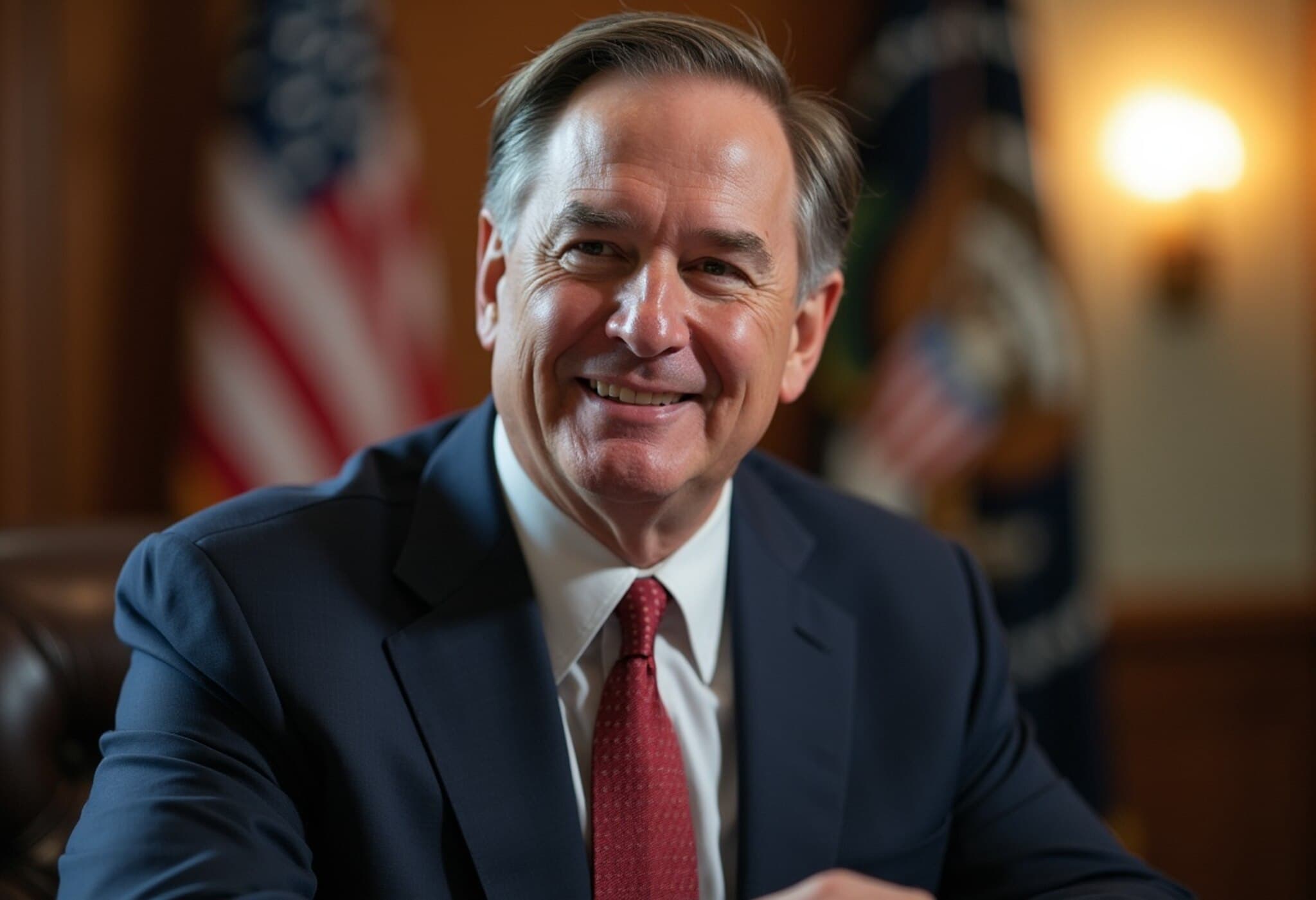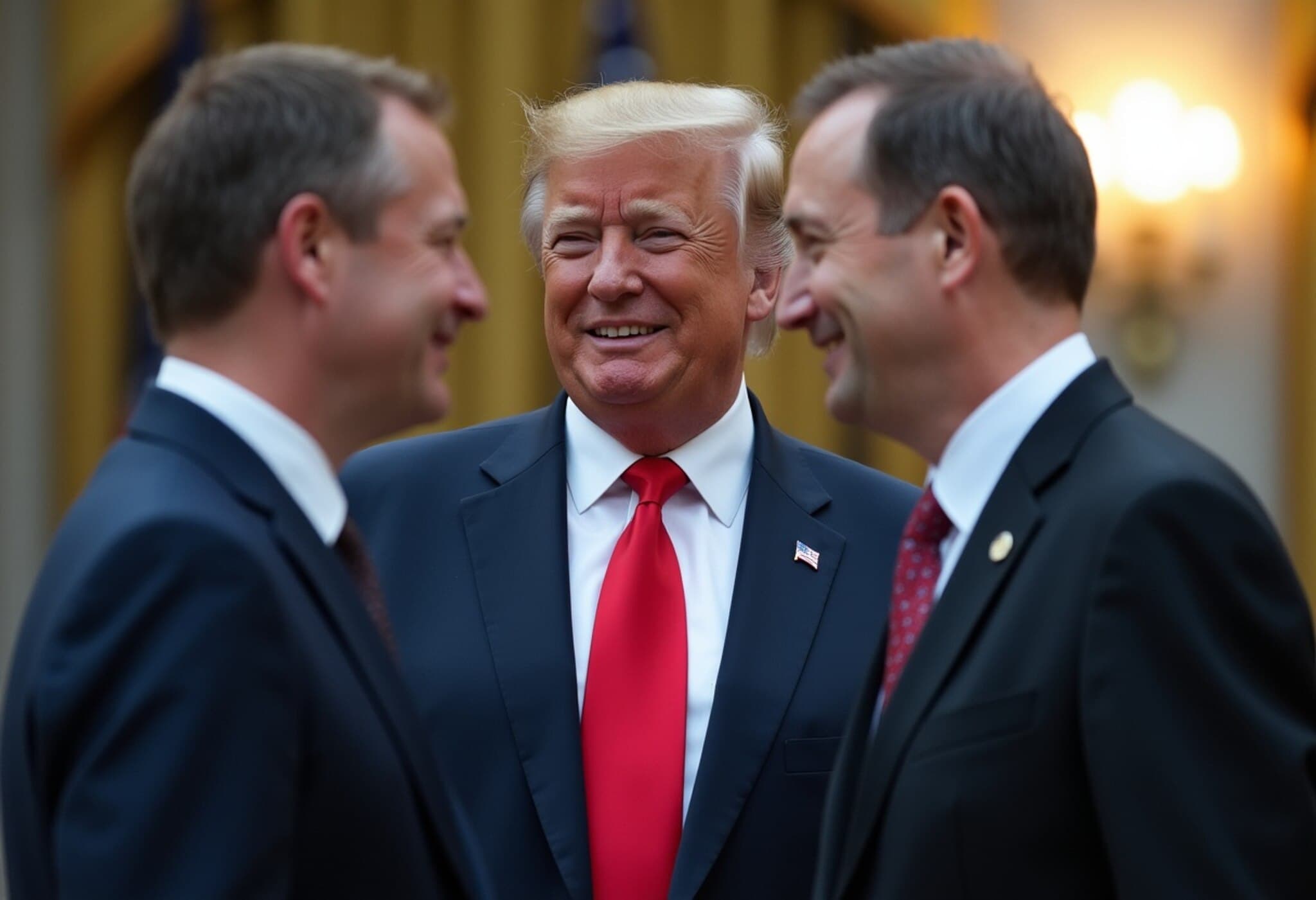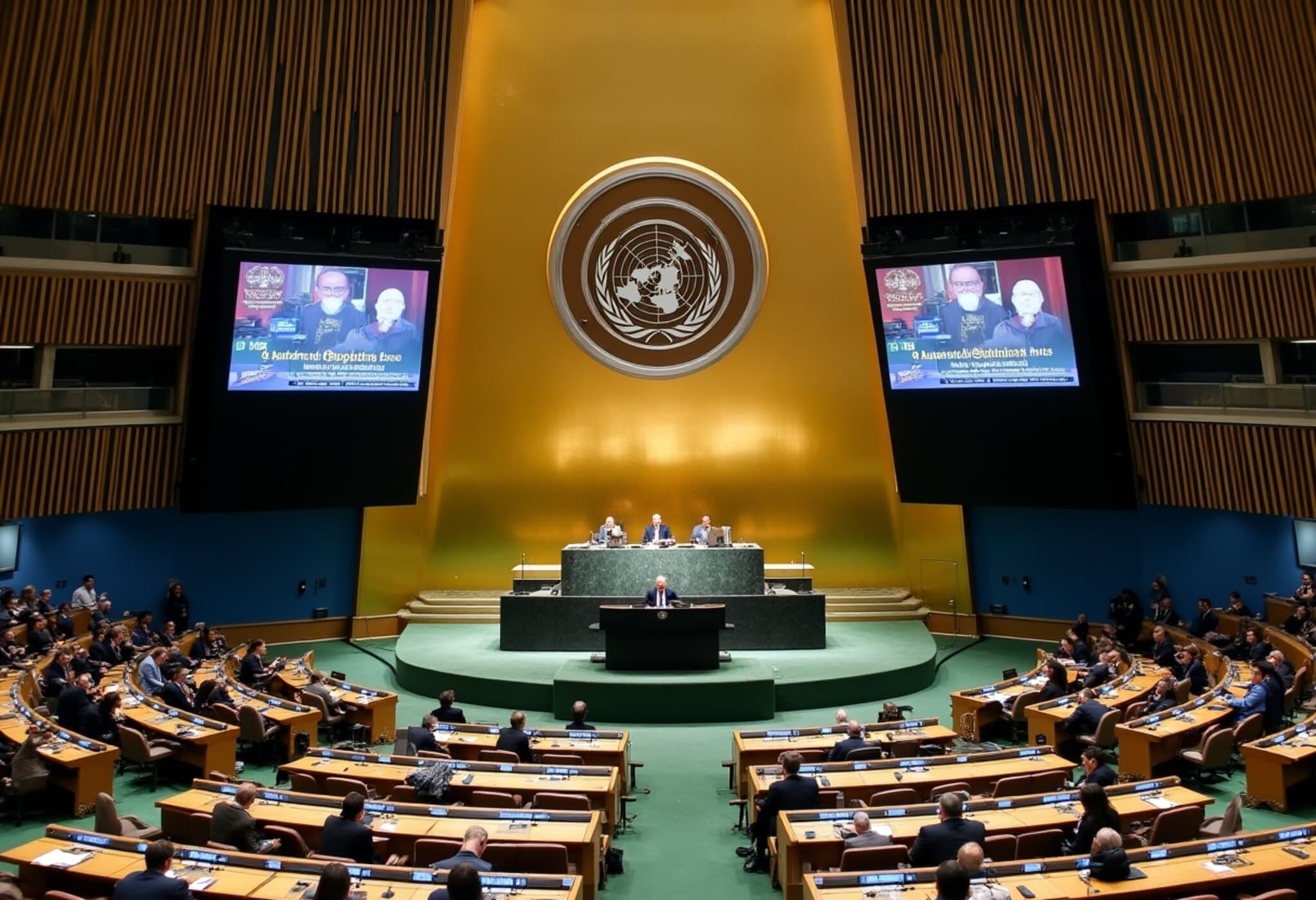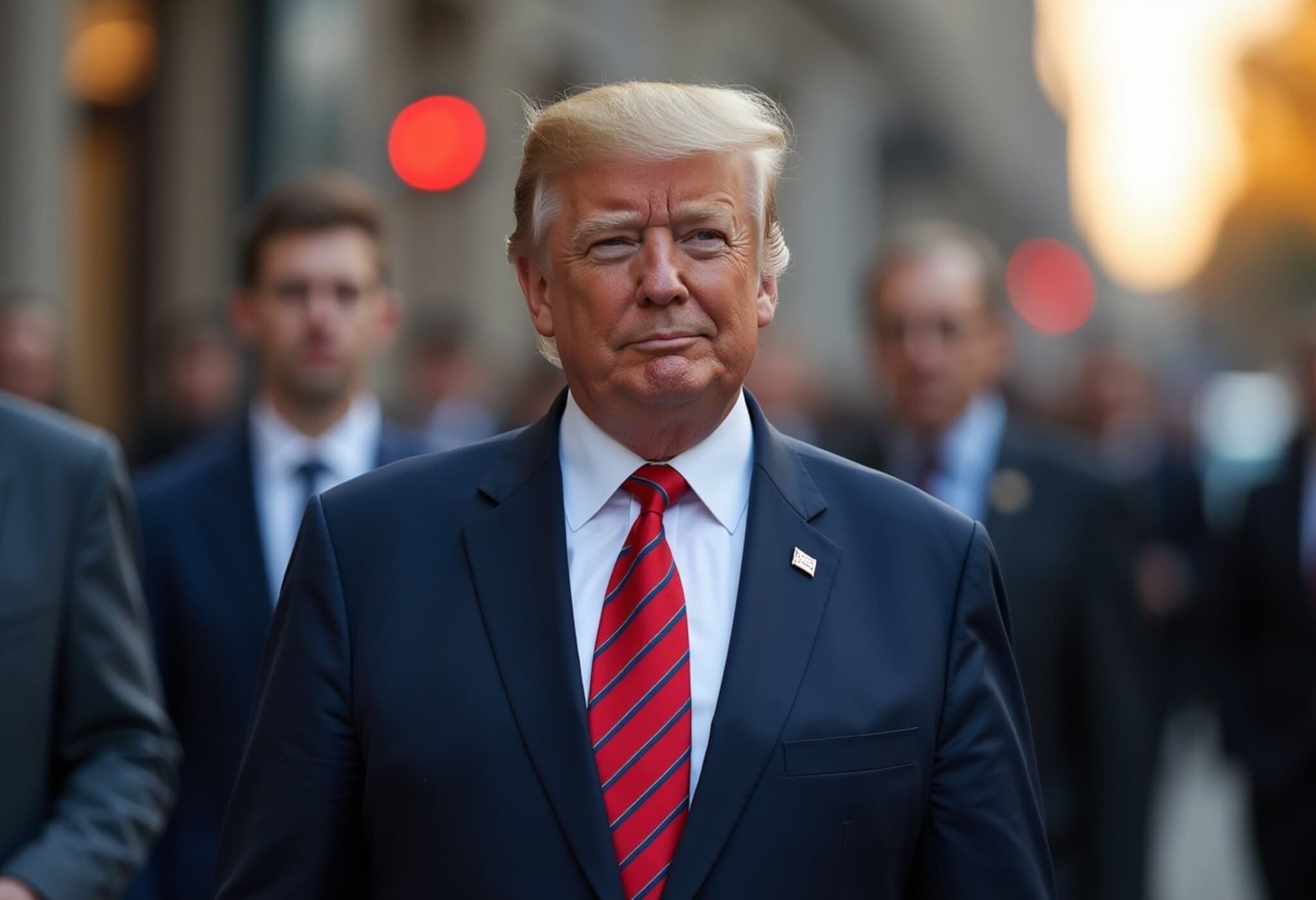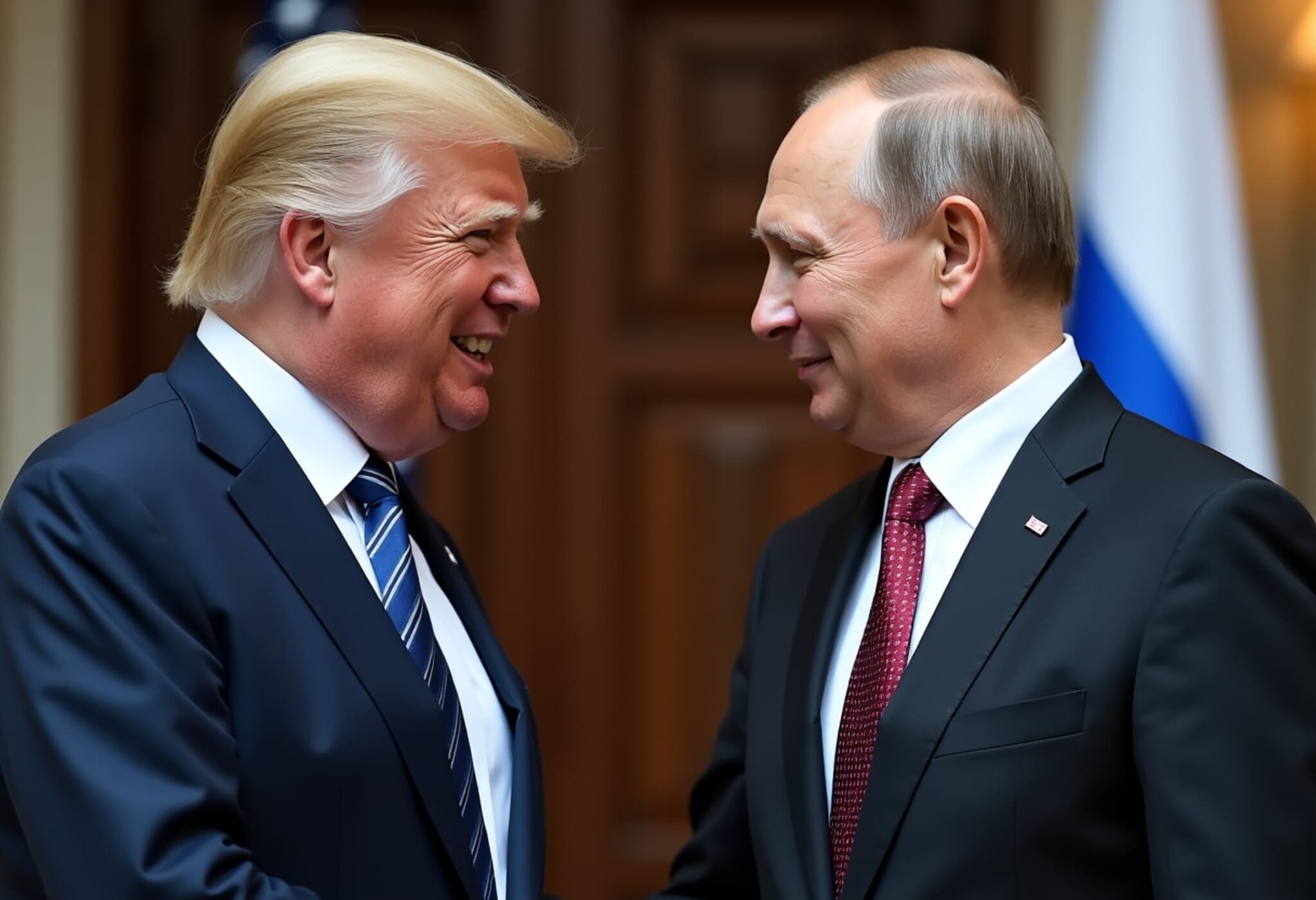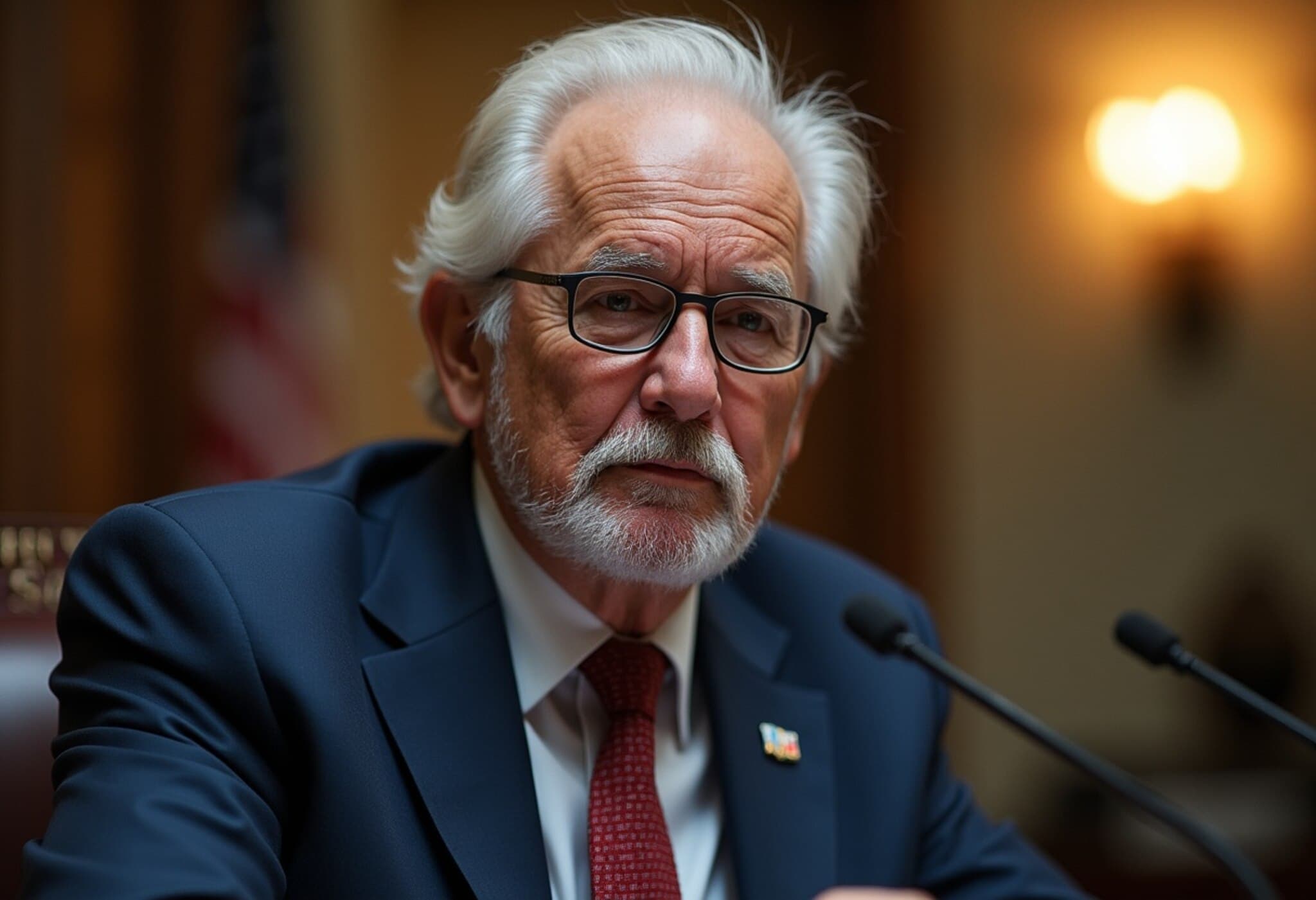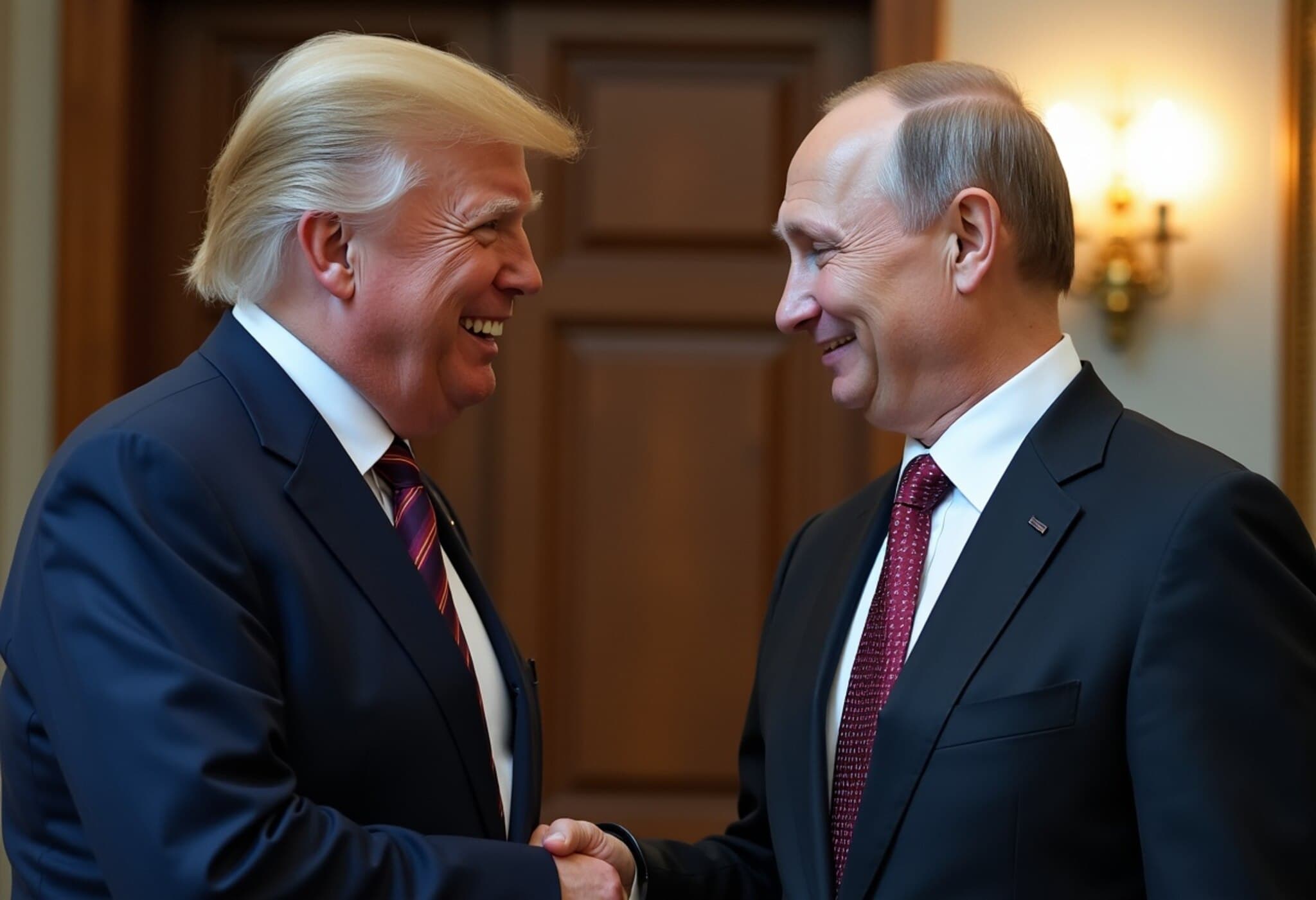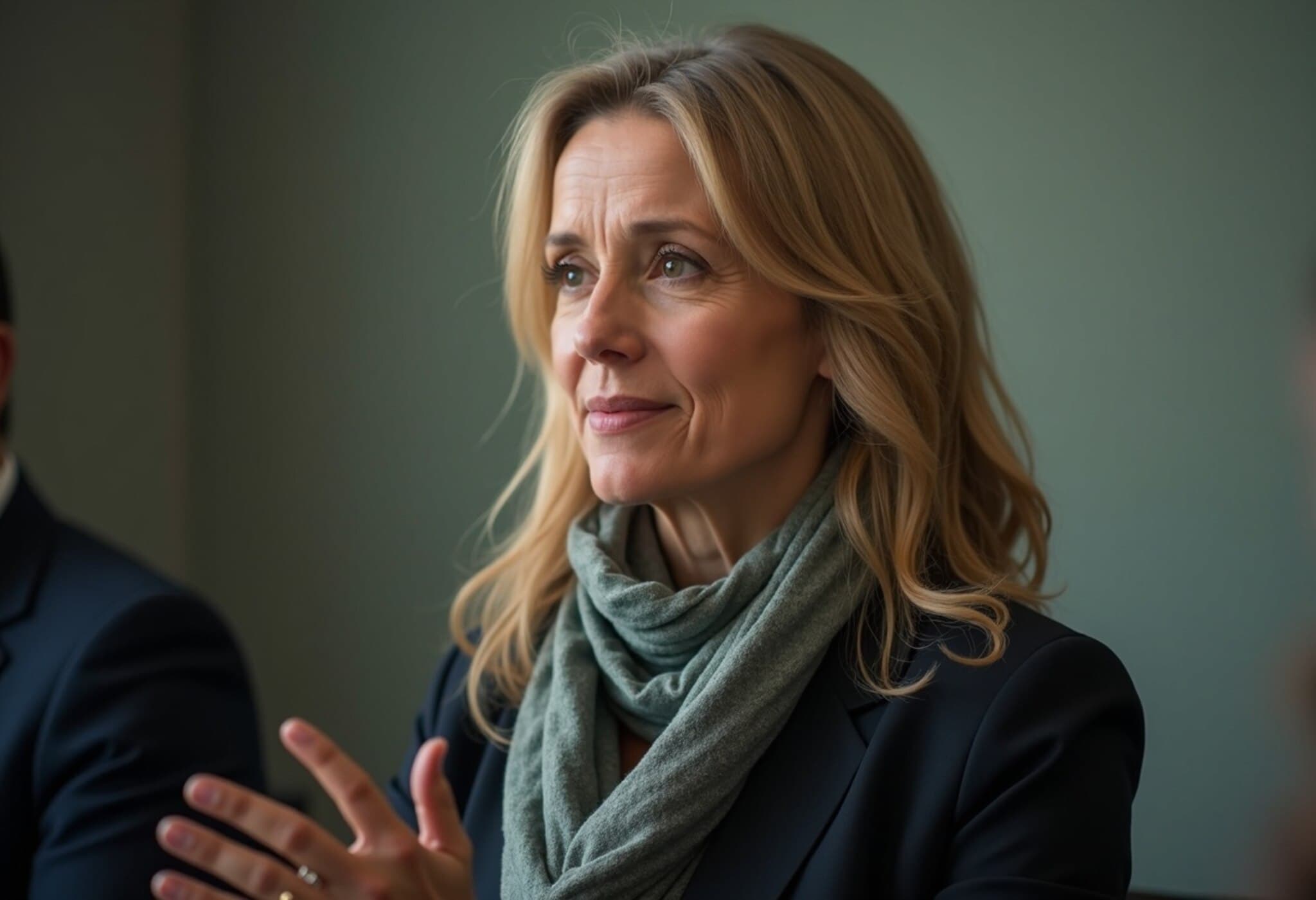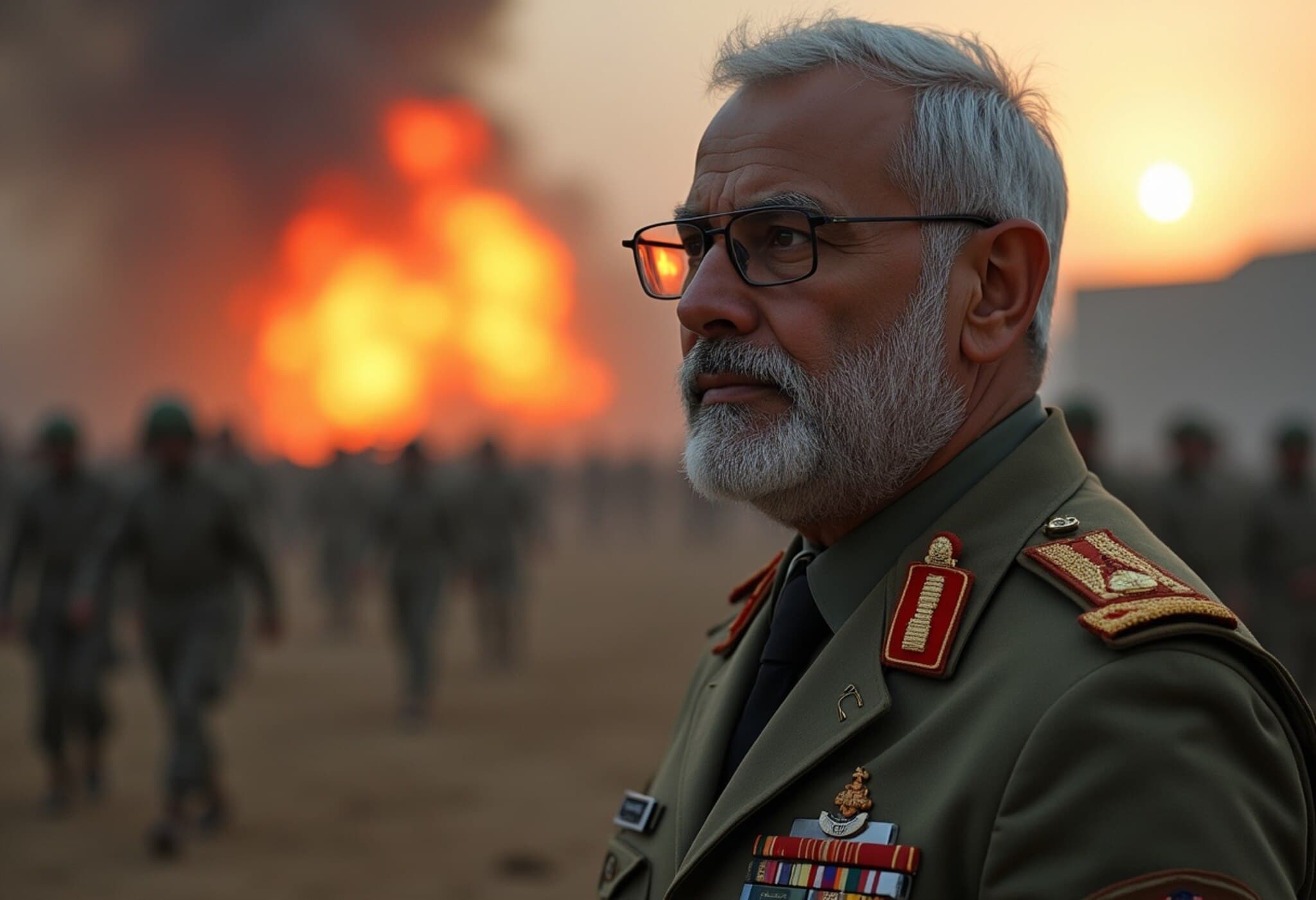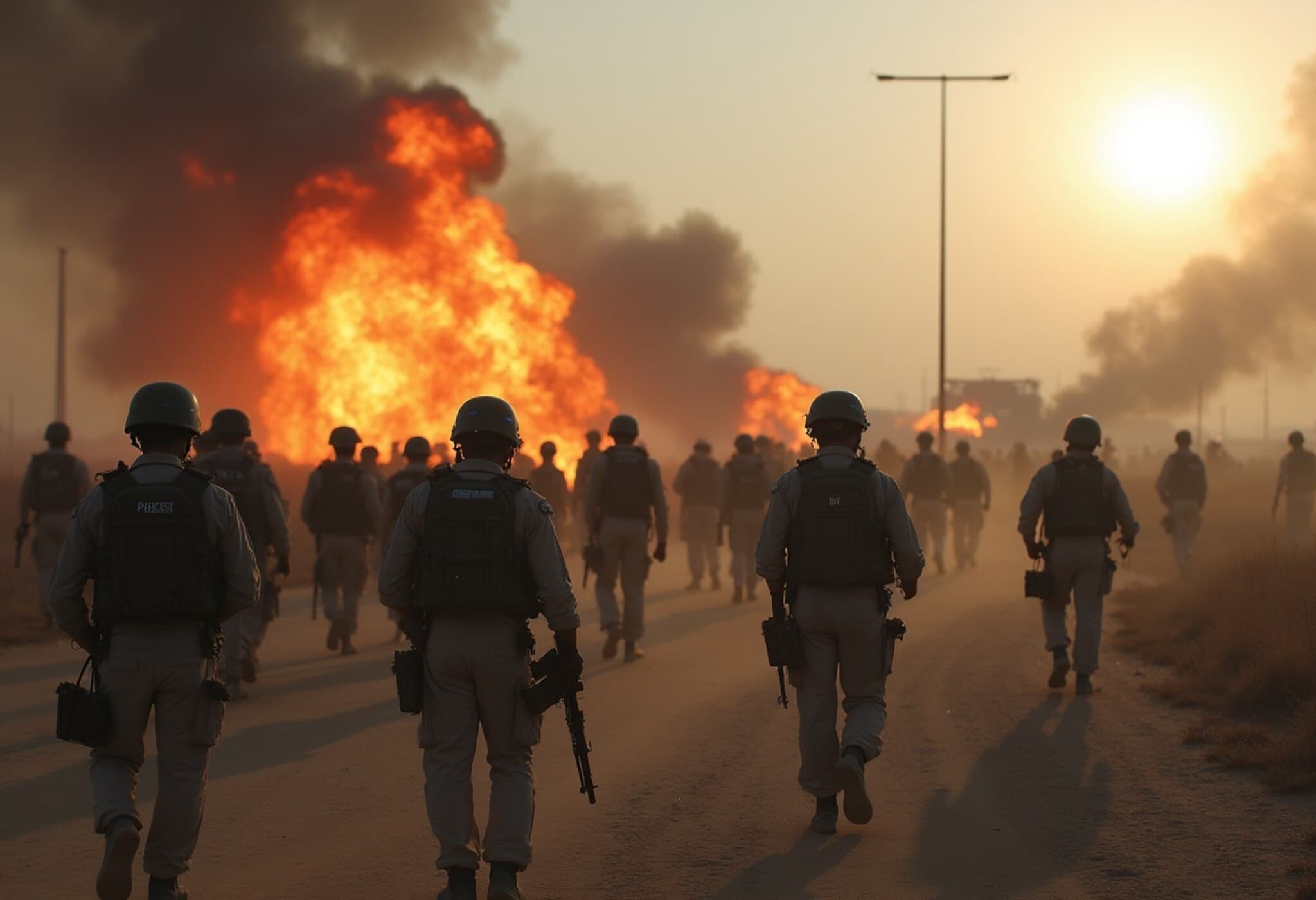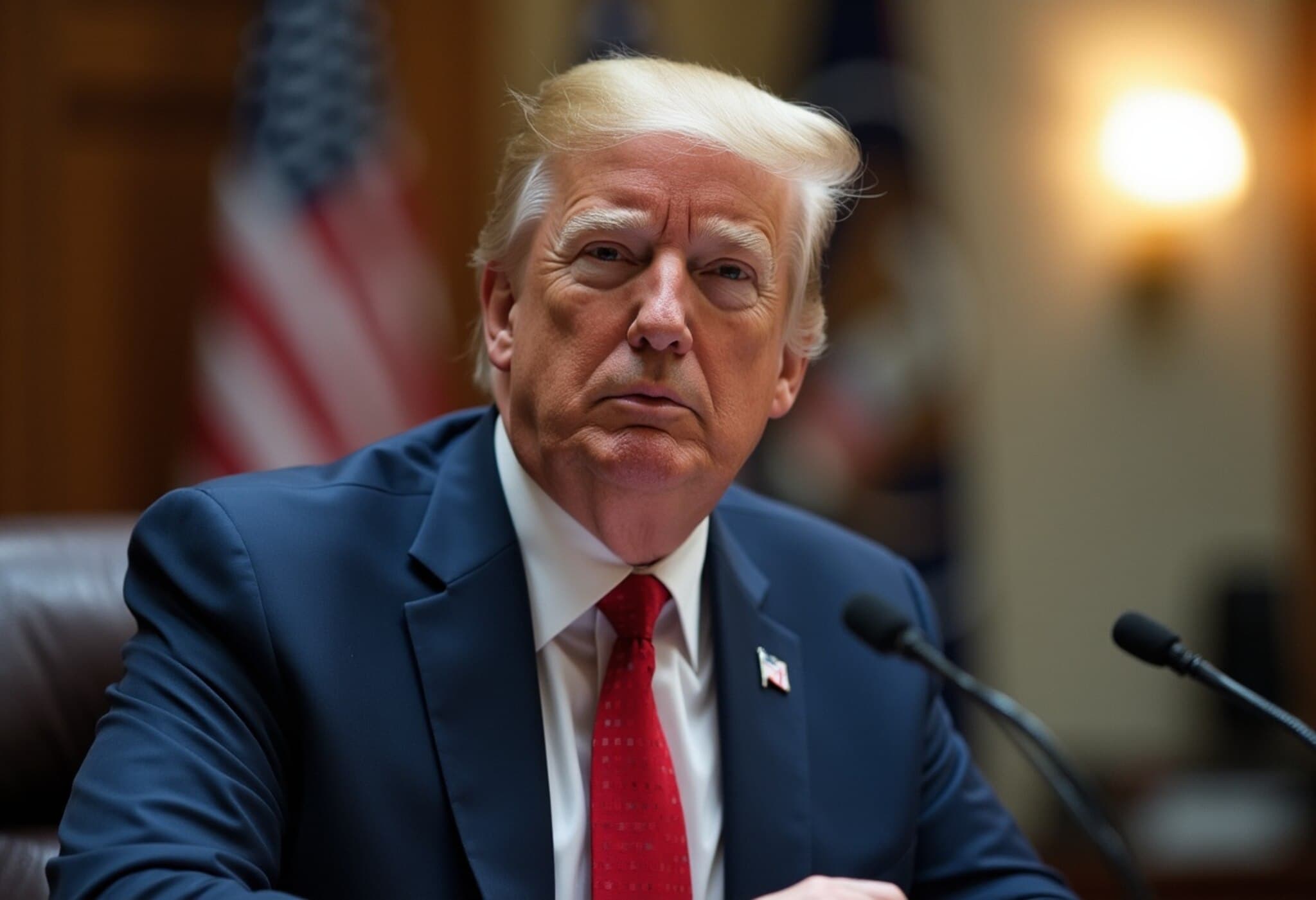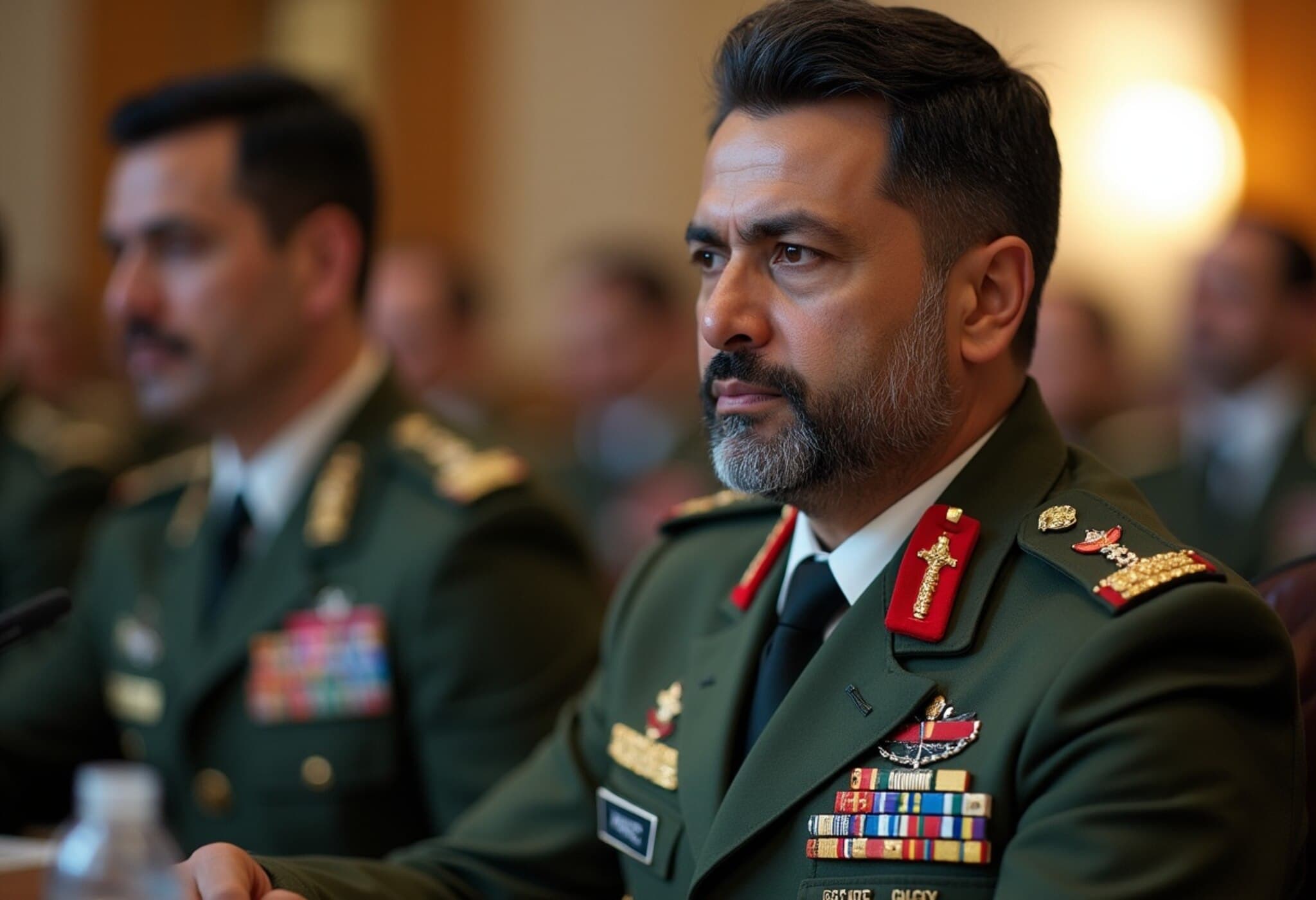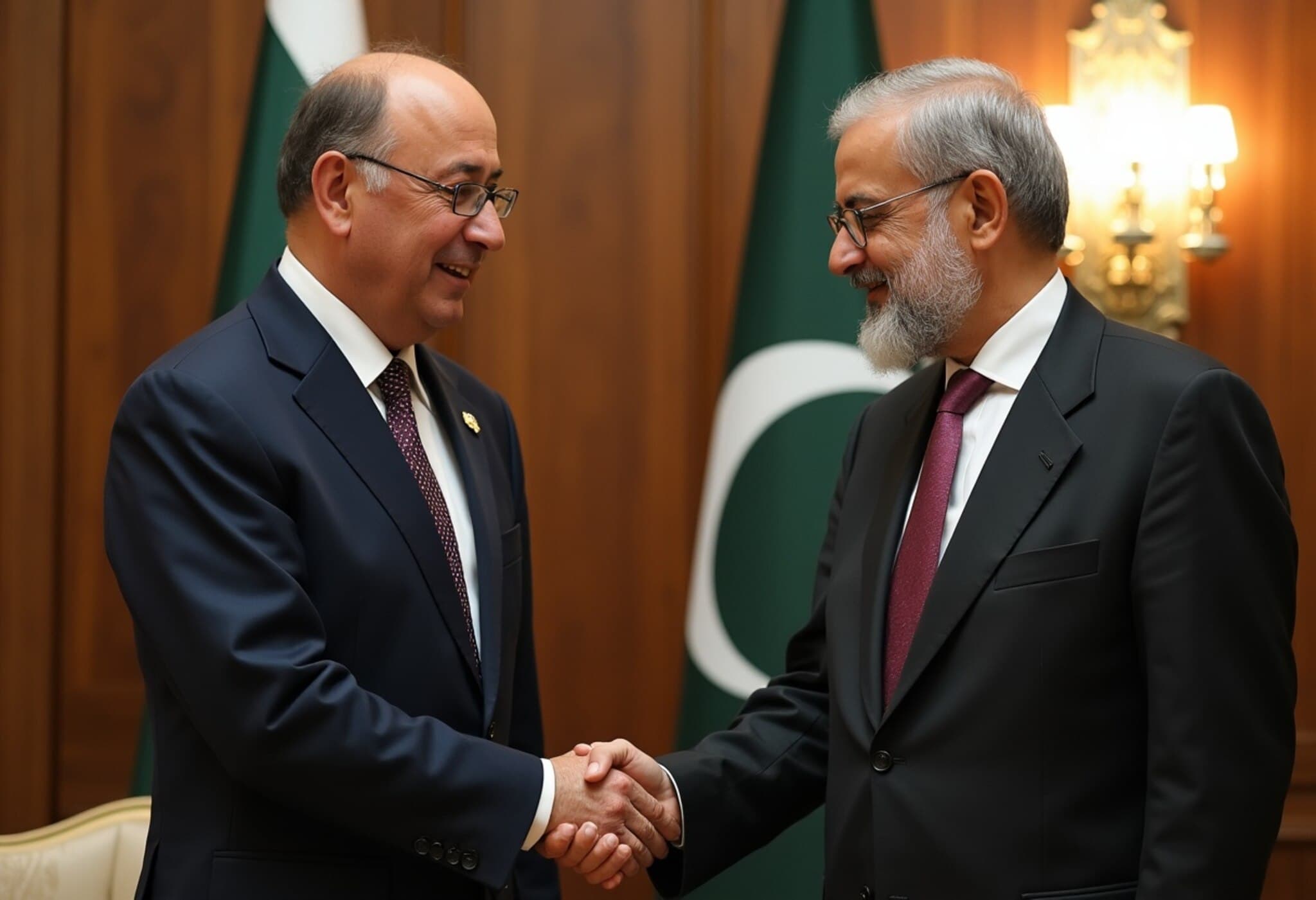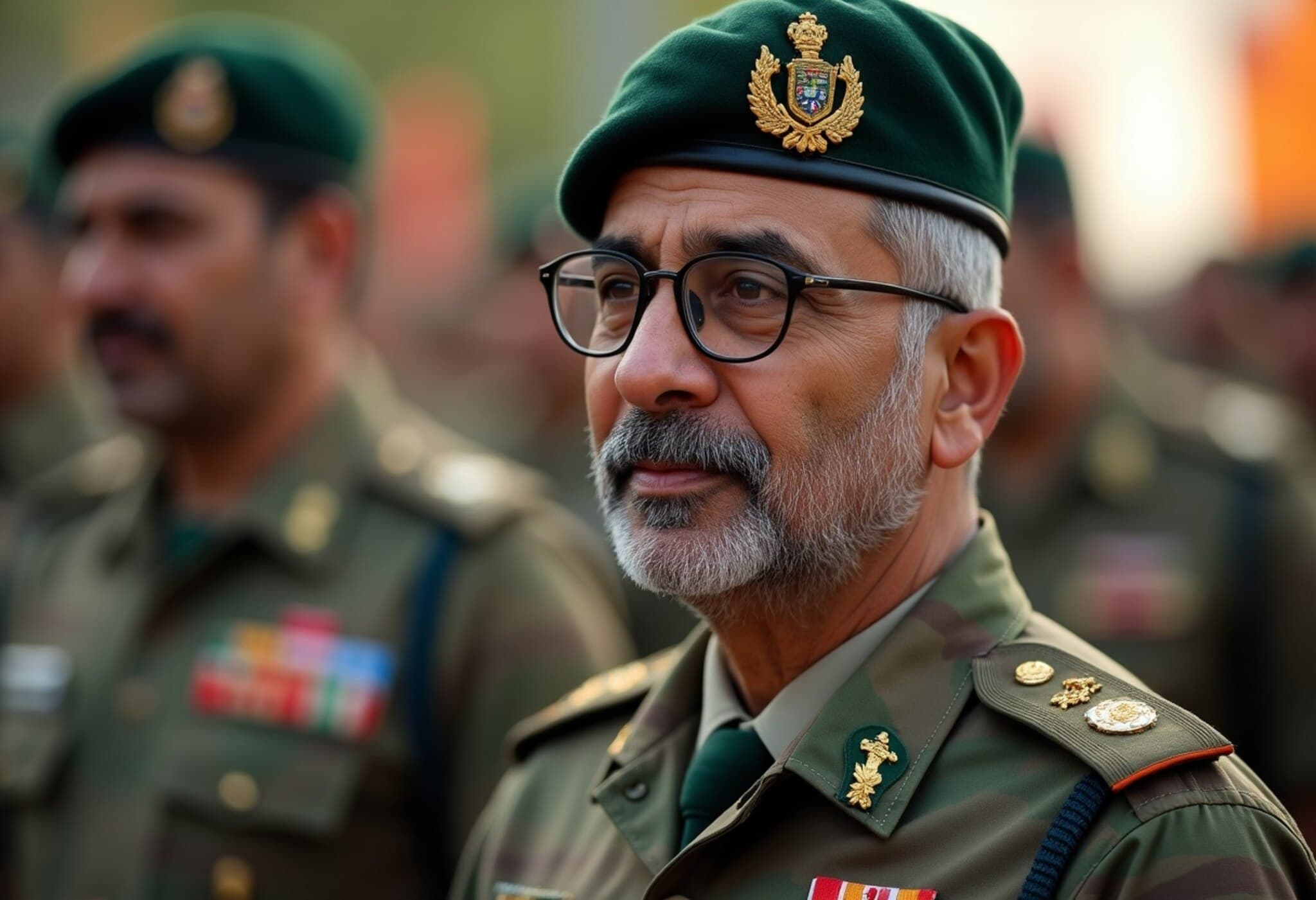US Secretary of State Marco Rubio Highlights America's Direct Role in India-Pakistan Conflict
In a recent interview, US Secretary of State Marco Rubio emphasized the United States' direct involvement during the flare-up between India and Pakistan, asserting that former President Donald Trump played a pivotal role in brokering peace between the two nuclear-armed neighbors. Rubio’s remarks come amidst ongoing debates over the nature and extent of US diplomatic influence in South Asia’s most fraught bilateral relationship.
Trump’s Claims of Mediation: Fact or Flair?
Since the conflict’s escalation on May 10, 2025, Donald Trump has frequently claimed credit for helping to cool down tensions between India and Pakistan, promising significant increases in US trade with both countries as an incentive for peace. Rubio reinforced this narrative, stating, "When India and Pakistan went to war, we got involved directly, and the president was able to deliver on that peace."
However, official Indian sources assert that the ceasefire agreement was chiefly the result of direct military communications between the two countries' Directors General of Military Operations (DGMOs). These talks were critical in forging the understanding that halted hostilities, suggesting a complex mix of bilateral and external pressures converging to defuse the crisis.
Broader US Peace Efforts Under Trump
Rubio did not limit his praise to South Asia alone. He highlighted America’s diplomatic interventions in other regional conflicts, including the recent peace overtures between Cambodia and Thailand, and efforts to resolve the decades-long strife in the Democratic Republic of Congo and Rwanda—which claimed an estimated 7 million lives. He also referenced ongoing efforts to mediate between Azerbaijan and Armenia, underscoring a continued US commitment to global conflict resolution.
Looking ahead, Rubio named the Russia-Ukraine war as the next major challenge where US diplomacy hopes to make an impact, acknowledging the complexity and high stakes involved in these global flashpoints.
Contextualizing US Involvement in South Asia
The US role in India-Pakistan relations has long been nuanced and strategic, balancing deep security and economic ties with India and a delicate, often transactional relationship with Pakistan. While official statements from India point to bilateral dialogue as central to peace, US engagement—whether direct or indirect—remains a significant dimension in regional stability.
Experts note that external actors like the US can provide valuable diplomatic channels or leverage, but sustainable peace ultimately depends on the regional stakeholders' political will. The Trump administration’s approach, as described by Rubio, underscores a broader American strategy to promote peace through negotiation backed by economic incentives, though it also invites scrutiny about the permanence and authenticity of such agreements.
Critical Questions Moving Forward
- How much influence does US diplomatic intervention realistically hold in South Asian conflicts, especially compared to direct military negotiations?
- What are the implications of linking trade deals to peace agreements in deeply entrenched conflicts?
- Can US diplomacy maintain credibility and effectiveness amid changing geopolitical dynamics, particularly with the increased focus on China and global instability?
Editor’s Note
The dialogue between India and Pakistan remains one of the most sensitive and complex issues in global geopolitics. While Rubio's comments elevate the narrative of US peacemaking, a nuanced understanding recognizes the multiplicity of actors and factors at play. This analysis challenges readers to consider both the power and limits of international diplomacy, the nature of leadership in conflict resolution, and the broader ramifications for regional security. As the world watches the next chapter of US involvement in global conflicts, the India-Pakistan case serves as a compelling study in diplomacy under pressure.

